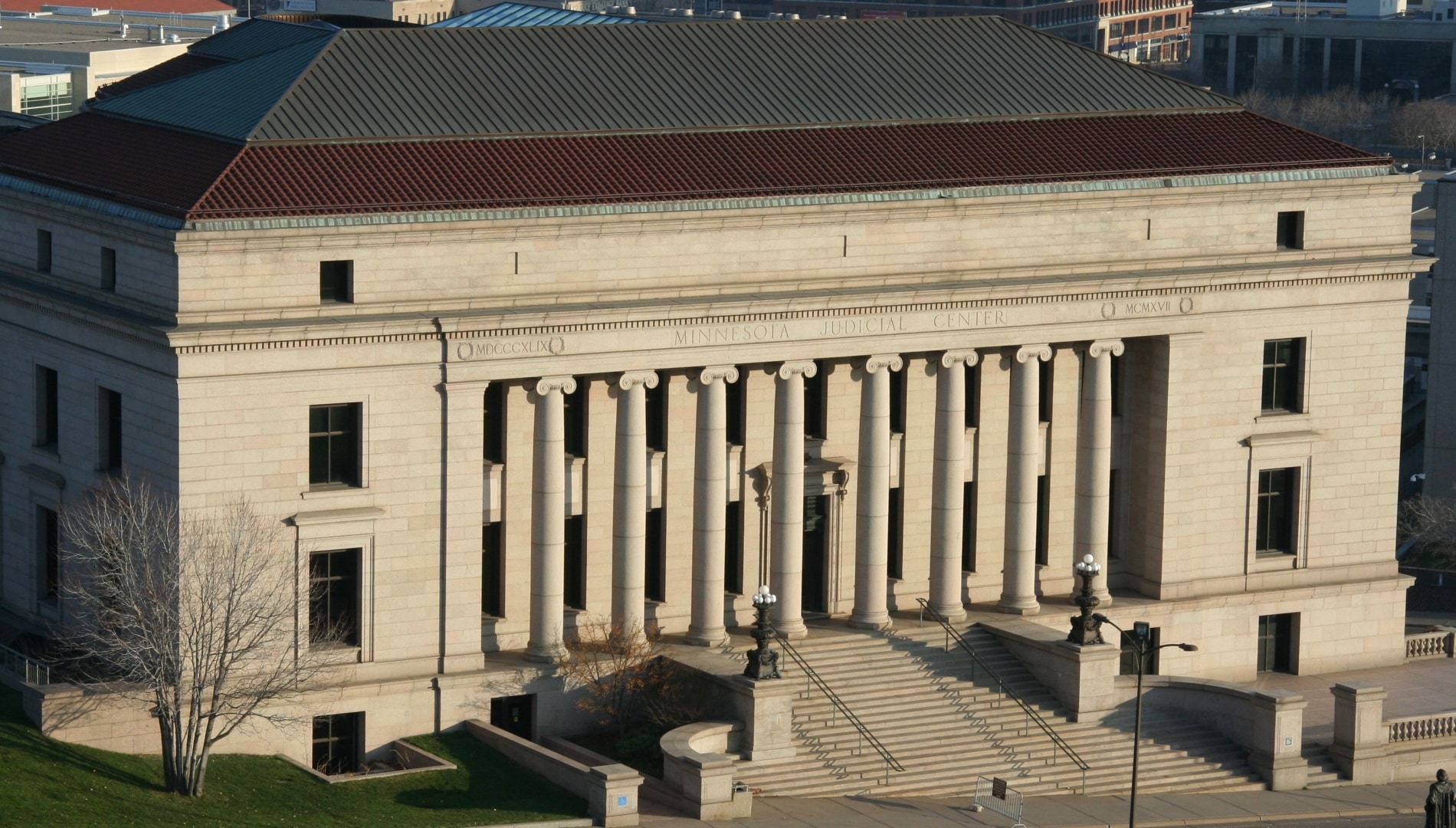OPINION: This article may contain commentary which reflects the author's opinion.
The Minnesota Supreme Court quickly intervened last week in response to an error involving election ballots from two counties.
According to a report by the Tennessee Star, the counties sought guidance from the state’s high court after they sent out erroneous ballots to voters. “Ballots sent out in Kittson and Roseau counties failed to include party affiliation for all federal and state offices, except governor. Additionally, incumbency status for judicial elections was missing,” the report said.
The report noted further that Kittson County Administrator Brian Buhmann said 1,791 ballots were mailed out and that, as of Oct. 8, 25 of them had been accepted. Officials in Roseau County did not say how many ballots had been sent out as of this report.
“To protect the electorate’s right to the candidate information prescribed by state law, every voter who attempted to vote on the old, inadequate ballot must, at a minimum, be informed that it contained insufficient information and then be given an opportunity to spoil their ballot and vote a new ballot that conforms to state law,” an attorney for the Minnesota Secretary of State’s Office said in a court filing, the Tennessee Star reported, adding:
The counties said the ballots were prepared by SeaChange Printing and Marketing Services using data from the secretary of state. SeaChange then provided the counties with a proof of the ballot for final approval. The counties failed to catch the omissions during this process, according to court filings.
“This comes after Ramsey County sent out 1,198 ballots with a deceased candidate’s name on them. The Supreme Court expedited the case and directed the county to print corrected ballots,” the outlet reported.
“Voters who cast a ballot for the deceased candidate can choose to spoil their ballot and request a new one. If they choose not to, then their vote for the deceased candidate will not count, but their votes in all other races will be transferred to a replacement ballot and counted,” the report noted further.
Nick Majerus, the Republican Party of Minnesota communications director, said Secretary of State Steve Simon ought to be “working with county elections officials to make sure voters will get the right ballots at the right time” instead of “using his office to pursue a partisan political agenda.” It’s not clear there were any nefarious reasons behind the ballot errors, however.
As the midterm elections approach, ballot issues have come to the forefront in a number of other court cases.
Last week, for instance, the United States Supreme Court sided with a Pennsylvania Republican in a ballot case for a judgeship by nixing a lower court ruling that allowed for the counting of mail-in ballots that did not have the date on them, the Associated Press reported.
The justices vacated the ruling by the Philadelphia-based 3rd U.S. Circuit Court of Appeals as requested by David Ritter, who lost his 2021 bid for a spot on the Lehigh County Court of Common Pleas to a Democratic rival by five votes after 257 absentee ballots without date notations were counted.
The high court’s action means that the 3rd Circuit ruling cannot be used as a precedent in the three states covered by this regional federal appellate court – Pennsylvania, New Jersey, and Delaware – to allow the counting of ballots with minor flaws such as the voter failing to fill in the date. Vacating the ruling does not change Ritter’s loss in his race.
The 3rd Circuit had ruled that invalidating the un-dated ballots would violate a provision of a landmark 1964 federal law called the Civil Rights Act aimed at ensuring that minor ballot errors do not deny someone the right to vote.
The state requires that anyone submitting a mail-in ballot “fill out, date and sign” the ballot, but the appeals court ruled that the right to vote superseded those rules.
“We are at a loss to understand how the date on the outside envelope could be material when incorrect dates — including future dates — are allowable but envelopes where the voter simply did not fill in a date are not,” Judge Theodore McKee said in the unanimous decision in May. “Surely, the right to vote is made of sterner stuff than that.”
